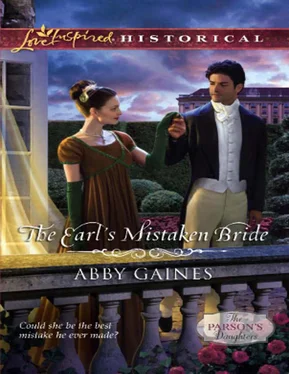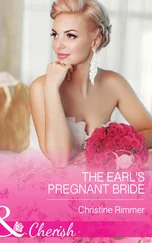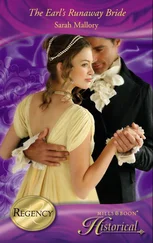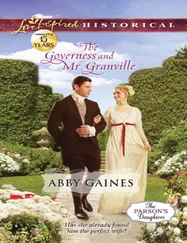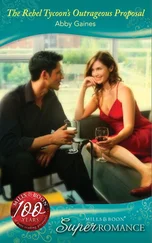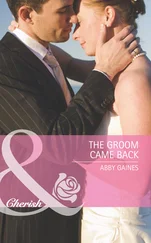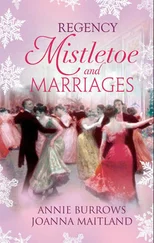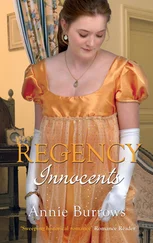“Less than two hours. Mama will be trying to stay awake in the hope of seeing me. Us.”
His mother. The reason for their wedding. The reason he was mistakenly wed to Constance.
“She will be pleased?” Constance asked tentatively.
His lips flattened. “Yes.”
“My lord—” She broke off. “What should I call you?”
“Most people call me Spenford,” he said. “My mother and my cousin Lucinda call me Marcus.”
Not much help. She’d heard that ton couples didn’t necessarily address their spouses by their Christian name.
“You may call me Constance if you wish,” she prompted.
He looked baffled.
She pressed on. “It’s not my fault, sir, that you married the wrong wife.”
“So you claim.”
She ignored that aspersion on her honesty. “My father says—”
“Is your father to be quoted in our every conversation?” he asked.
Her cheeks warmed. “He is the wisest man I know.”
“Nevertheless, I don’t wish to hear his views.”
She clenched her jaw. “Here is my view, then,” she said. “You’re angry, I understand that. I’m angry, too.”
His chin jerked back. “You are angry! What have I done—”
“At my sister,” she snapped. “I’m so angry with Amanda I could—I could slap her.” She realized her voice had risen, her chest was heaving. And her husband was eyeing her quizzically.
“You don’t look the slapping sort,” he said, surprisingly mild. “Have you ever slapped anyone before?”
“Er, no,” she admitted. “But if Amanda were here right now I would do it.” Her sister had wisely not shown her face at the wedding breakfast.
He raised one eyebrow, which even in her ire she could see was a handsome trick. “I don’t believe you,” he taunted.
She puffed out an irritated breath, ready to defend her violent tendencies…and suddenly deflated. He was right. “I don’t suppose you would ever hit a woman?” she asked morosely.
“Of course not!”
She sighed. “There’s not much point wishing Amanda here then, is there.”
One side of his mouth twitched in what might almost have been a smile, except there was nothing to smile about. “I certainly don’t wish she were here,” he said.
For an instant, there was something like camaraderie between them.
Then the landlord entered with their food. He and the maid began to set out dishes. As she sat in the chair the man held out for her, Constance noticed his nose was reddened from his illness. The maid seemed similarly afflicted, making heroic efforts to avoid sniffling.
“You are not well, either of you,” Constance said with concern. “The earl and I can serve ourselves. Please don’t worry.”
The maid dropped a relieved curtsy, but Marcus said, “Your carving skills will be appreciated, landlord.”
Both man and maid stayed several minutes to serve the meal.
Constance had been biting her tongue, but the moment they left, she said, “That was unnecessary. They were both clearly in need of rest.”
“So am I,” he said. “So are you. They should do the job they are paid to do.” He cut into his rib of beef. “I thought parsons’ daughters were supposed to be the forgiving type.”
It took her a moment to realize he was referring to Amanda again.
“Parsons’ daughters aren’t perfect,” Constance said.
He nodded his acceptance of her flaw. But he was right; she would need to forgive Amanda—the little wretch had even asked it of her in that note. I will forgive her. One day.
She nibbled on her bread…and realized her husband had set down his silverware.
“What is it?” she asked, conscious that her blue muslin was rumpled and she’d paid no attention to her hair since he’d torn the bonnet from her head.
“Is this some kind of parsonage austerity diet?” He indicated her bread. “Because I don’t think I can sit opposite you eating dry bread every night—”
“I am travel sick,” she said.
He stood, and moved swiftly to her. “You should have said. Do you have a fever?” His hand moved uncertainly at his side, as if he was considering touching it to her forehead.
For one moment, she craved the comfort of that touch.
“Just a little nausea,” she said. “The bread settles my stomach.”
It was odd to be talking of her physical ailment to a man other than her father. Yet she welcomed the concern that creased his brow.
“You have a strange view of parsonage life,” she observed, as he returned to his seat, “if you think we eat dry bread.”
“I don’t number many daughters of the clergy among my acquaintance.” He resumed eating.
Constance took a sip of water, and licked her lips. “Do you plan to tell anyone what happened today? About the…mistake?”
He didn’t look up. “I have no desire to be the subject of gossip.”
“Nor do I.” She’d been overlooked her whole life; to come to the world’s attention in the worst possible way would be too cruel.
Now he did meet her gaze. He wiped his mouth with a napkin, drawing her attention to the lips that had kissed her hand. “No one anticipates an emotional attachment between us,” he said. “Mutual respect is what they expect to see. What they should see.”
It sounded cold to Constance, when she thought of her parents’ loving marriage. But much better than humiliation.
“I am most willing to show respect to you,” she said.
He gave a little jolt, as if he’d taken that for granted. “And I you,” he replied.
It seemed they had reached a kind of truce.
It also seemed he didn’t feel compelled to say more.
They finished their meal, and then it was back to the solitude of the coach.
It was nine o’clock when they drew up outside a fine town house in Mayfair’s Berkeley Square.
By the time Constance alighted with the assistance of the groom, the front door stood open. Marcus offered his arm, then escorted her up the steps, into an entrance hall where an array of servants lined up to greet them.
“Dallow,” he said to the butler, “may I present the Countess of Spenford.” No affection in his tone, of course, but the respect he’d promised.
“Your ladyship.” The butler bowed low to Constance. Her own family had servants—a cook, two maids, a manservant and an occasional gardener. But none so grand as this personage.
Dallow introduced her to the rest of the servants. She managed to say a word or two to each, smiling at a young lad who barely stifled a yawn. She suspected they were all as tired as she, having been preparing the house for a new mistress.
“How is my mother?” Marcus asked the butler.
“I believe Lady Spenford is awake and anxious to see your lordship. And your ladyship.”
Constance sensed Marcus was forcing himself to slow to a genteel pace as he escorted her up the imposing staircase. He knocked on the door of the dowager countess’s room. It was opened by a middle-aged maidservant.
She curtsied. “My lord.”
“Good evening, Powell. May I present the Countess of Spenford?”
Powell curtsied to Constance, the frankness of her appraising gaze suggesting a servant of long standing.
“Is my mother awake?” the earl asked.
“Is that you, Marcus?” a voice called.
His face lit. “She sounds stronger.”
They passed through a small but charming sitting room to reach the dowager’s bedroom. She sat in bed, propped against an enormous number of pillows. Her wrapper and cap were the most fetching Constance had seen.
“Oh!” Helen, Lady Spenford, pressed her hands to her cheeks. “Constance, my dear, it’s really true! You married Marcus!”
“Yes, my lady.” Constance approached quickly, and dropped into a curtsy.
Читать дальше
